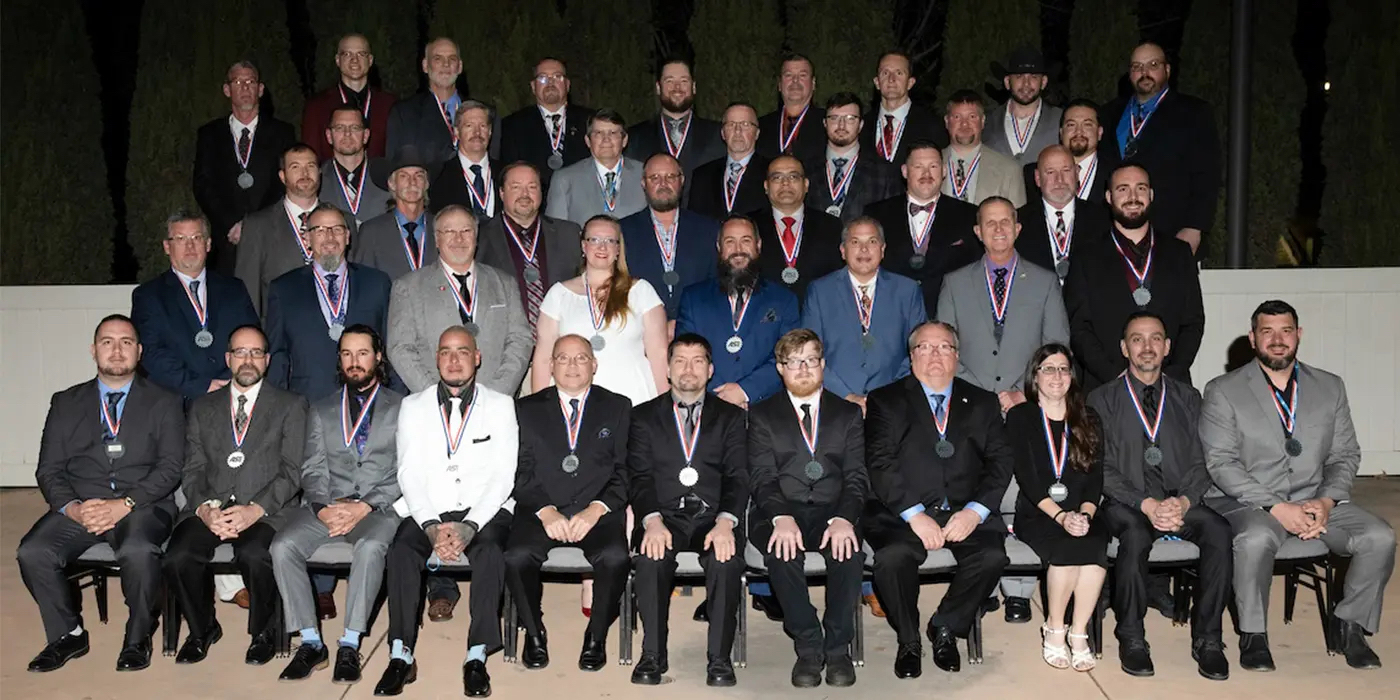By Paul Bailey
In Part 1 of this article in the March/April issue, I discussed how investing ample time in the interview process can prevent hiring the wrong person for the job, as well as employee turnover, because you can get a more accurate assessment of a candidate’s qualifications. This article will continue with that discussion, zeroing in on how to properly assess a job prospect’s skill sets.
So, how do you get an accurate picture of a person’s qualifications? Employers might want to consider including a skills test. Is it wise to take a tech’s word that he or she knows how to properly diagnose a vehicle’s problem? Can he or she operate the various equipment in your shop?

In many cases, a skills test may be a strong determining factor in your decision to hire or pass on a potential employee.
If they pass the test and you decide to offer the position to an applicant, it would be in the best interest of both parties to put certain details of the offer in writing. A written employment agreement protects both parties by reducing or eliminating misunderstandings that may arise later. The more detailed an initial employment agreement is, the more protection it can offer against future misunderstandings.
More than just a wage offer in writing, an initial employment agreement should cover some of the issues outlined in the employee handbook. Certain expectations of both parties should be outlined in the initial agreement, thus clarifying what each party can expect to give to as well as receive from the proposed business relationship.
Same Ol’ Standards Apply
In addition to thoroughly communicating qualifications and expectations during the job interview, what else can each party involved do to improve the process for best results?
Obviously, the same old standards apply: Show up on time with a reasonably neat appearance and positive attitude, sit up straight and look them in the eye. Make a good first impression and follow up in a few days.
In about four to six business days, it’s not a bad idea for a potential employee to follow up and touch base with the owner, which demonstrates a serious interest in the position he or she is seeking with the company.

Likewise, it’s a good idea for business owners to follow up, even if just to inform the applicant of the receipt of the application and/or resume. You may be out of the office when the applicant comes by, in which case he or she may leave an application and/or resume with your receptionist. Business has been slow lately, so you don’t bother to make contact. But the potential hire finds it easy to conclude that you’re not interested, even though you might be very interested in the future.
Even if you aren’t interested in hiring someone, a policy of notifying the candidates you reject is an all-too-uncommon courtesy, but a strong display of professionalism. If you’re business was their first choice in the job hunt, please don’t leave them hanging, especially if they are keeping another shop hanging until they hear from you.
And the same goes for employees. They should notify the other businesses they applied to when they accept a job. They might leave somebody else jobless a little while longer because they didn’t communicate.
Shop Owners vs. Employees
A lot of shop owners say it’s hard to find good employees, while a lot of employees say there aren’t enough good shops. Can we all contribute to a reduction in disgruntled employers and employees? Can we reduce the turnover rate that the majority of this industry experiences by spending more time on the interview process?
Certainly we can’t expect to eliminate turnover, but the more you know about the person with whom you’re about to enter a business relationship, the less likely it is that you’ll be looking for another one in a year or two.
Think about it. Why would you enter a business relationship in which you spend at least a third of your weekday life with someone you’ve known less than a day, and then expect that relationship to last? How can two parties enter any serious relationship of any kind and expect it to be mutually beneficial for the long term when both parties know precious little about the other?
Let’s slow down and get to know each other a little better before committing our weekdays to one another. We’ll all be happier in the long run.
Bailey has been a contributing writer to BodyShop Business, Shop Owner’s sister publication. He’s been a collision repairman for more than 20 years and is an avid photographer, writer and artist.













